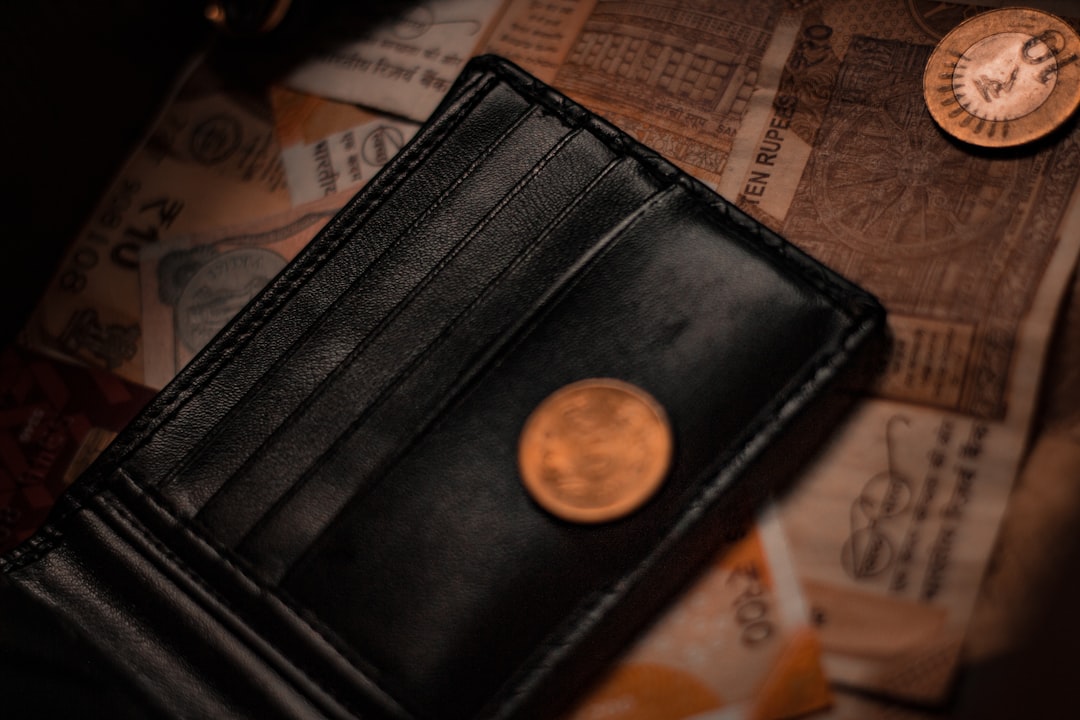Interested in launching a crypto venture in the UAE? Great choice! The United Arab Emirates is quickly becoming a crypto-friendly country. With supportive regulations and advanced infrastructure, it’s one of the best places to start a crypto business.
But before you jump in, you need a license. Getting a crypto license in the UAE might sound tough. Don’t worry! We’ll break it down for you, step by step. It’s easier than you think, and we’ll even make it fun!
Table of Contents
Why Get a Crypto License in the UAE?
- Global recognition – The UAE is known for solid business regulations.
- Crypto-friendly authorities – Dubai and Abu Dhabi welcome blockchain innovation.
- 0% crypto tax – Yes, seriously. No tax on capital gains from crypto.
- Full range of services – You can offer trading, custodian services, NFTs, and more.
Sounds good? Let’s dive into the step-by-step guide to getting your license.
Step 1: Decide Where in the UAE You Want to Operate
You have three main choices when it comes to jurisdiction:
- Dubai (VARA – Virtual Assets Regulatory Authority)
- Abu Dhabi (ADGM – Abu Dhabi Global Market)
- Free Zones (like DMCC, IFZA)
Each one has its own rules, fees, and requirements. Here’s a quick cheat sheet:
| Jurisdiction | Ideal For | Regulator |
|---|---|---|
| Dubai | Crypto exchanges, token providers | VARA |
| Abu Dhabi | Crypto funds, large-scale operations | FSRA (part of ADGM) |
| Free Zones | Startups, lower-budget options | Various local authorities |
Pick the location that fits your business size and goals.
Step 2: Know What Activities You Want to License
The UAE crypto license isn’t one-size-fits-all. Here are the most common activities you can apply for:
- Crypto Exchange – Buy, sell, and trade digital currencies
- Custodian Services – Store crypto safely
- ICO/Token Launch – Launch your coins legally
- NFT Marketplace – Trade art, gaming assets, tickets, etc.
- DeFi and Web3 Projects
Tip: Be specific. The more you know about your offering, the easier the licensing process. Plus, it’ll impress the regulators.
Step 3: Create a Business Plan
This is super important. Your business plan should include:
- Company goals
- Description of services
- Target audience
- Revenue model
- Cybersecurity measures
Make sure it’s easy to understand. You don’t have to be a novelist — just clear and professional. The regulators aren’t grading your grammar!

Step 4: Choose a Legal Structure
You can set up your company as a:
- Free zone entity
- Mainland company
- Offshore company (rarely used for crypto)
Most crypto startups prefer free zones. Why?
- 100% foreign ownership
- No taxes
- Easier setup process
The exact steps will vary slightly depending on your zone and structure.
Step 5: Apply for Initial Approval
This is where the fun begins. You’ll submit your documents to the chosen regulator. These usually include:
- Passport copies of all shareholders
- Proof of address
- Business plan
- Clean criminal record
The regulator will review everything and give you a thumbs-up (or ask for more info).
When you pass this stage, you’ll get initial approval to move forward.
Step 6: Set Up Your Office
Yes, even if your business is 100% online, you’ll need a physical office — at least on paper.
Most free zones offer “flexi-desks” for startups. This satisfies the requirement and keeps rent low. Win-win!
Step 7: Technical and Compliance Requirements
This step is critical. Regulators love safety and clarity. You may need to show proof of the following:
- Anti-Money Laundering (AML) policies
- Know Your Customer (KYC) procedures
- Cybersecurity protocols
- Employee background checks
Don’t panic. If you don’t know how to set these up, consider hiring a crypto consulting firm. They’ll walk you through it, or even do the work for you.
Step 8: Final Approval and Licensing
You’ve reached the final lap!
If the regulator is satisfied with everything you’ve submitted, they will issue your license. This means you’re now a legit, government-approved crypto business in the UAE.
Time to pop the sparkling grape juice! 🍾

Step 9: Open a Corporate Bank Account
This one can be tricky for crypto companies. Here’s what helps:
- Work with a bank that supports fintech (some UAE banks do!)
- Have detailed financial forecasts
- Show clear compliance practices
Again, a business consultant can help match you with the right bank.
Step 10: Stay Compliant
Getting the license is only half the job. Keeping it? That’s the other half. Regulators will check on you regularly. Here’s what to do:
- Submit financial reports on time
- Update your KYC/AML procedures when needed
- Stay on top of new crypto laws in the UAE
Don’t worry — if you follow the rules, there’s nothing to fear.
How Long Does It Take?
It depends on your setup:
- Free zone crypto license: 4–6 weeks
- VARA or ADGM license: 3–6 months (more documents and reviews)
So, plan your timeline accordingly. The more prepared you are, the faster it goes.
How Much Does It Cost?
Here’s a rough idea of what you might pay:
- Free Zone Crypto License: $10,000 – $25,000
- VARA License: $30,000 – $60,000+
- ADGM License: $50,000 – $100,000+
The more complex your business model, the higher the cost. But you can scale as you grow!
Need Help? That’s Okay!
This process might feel overwhelming




